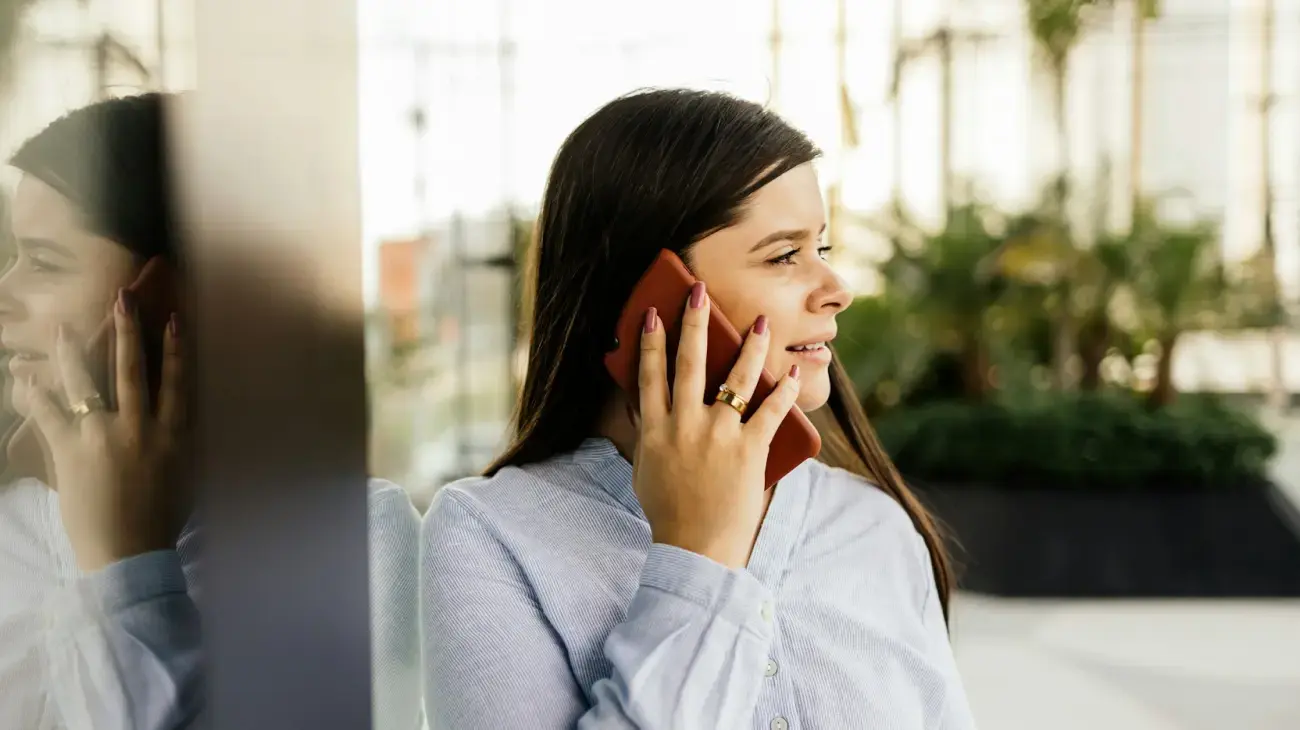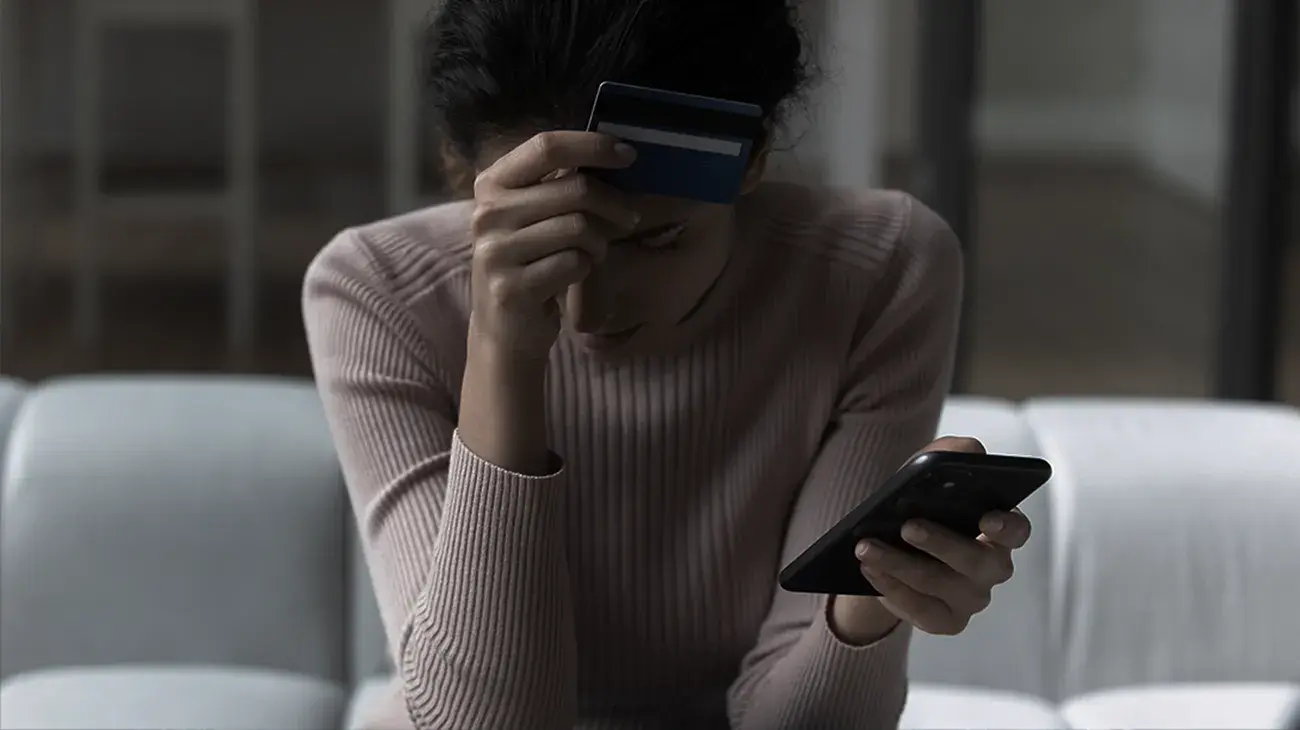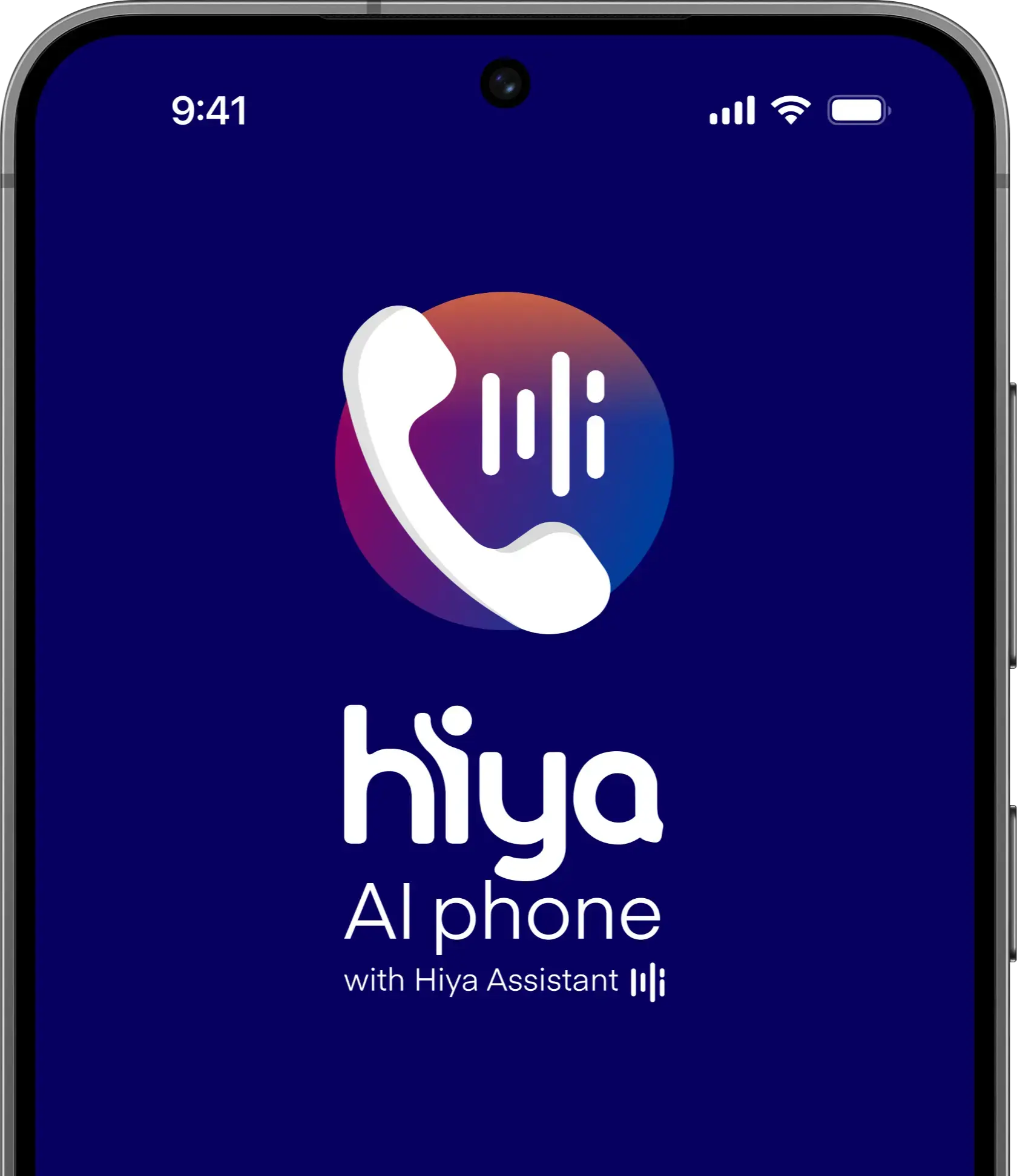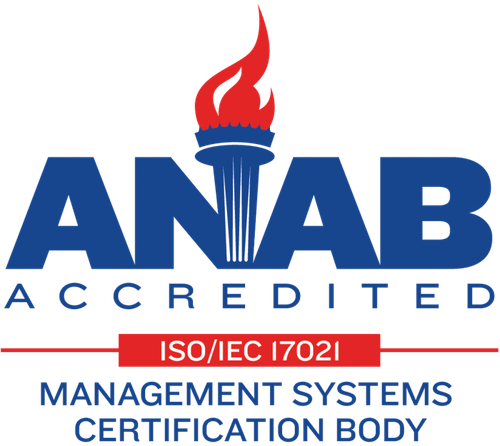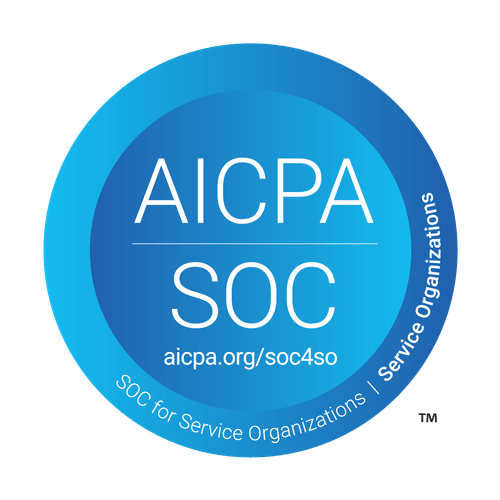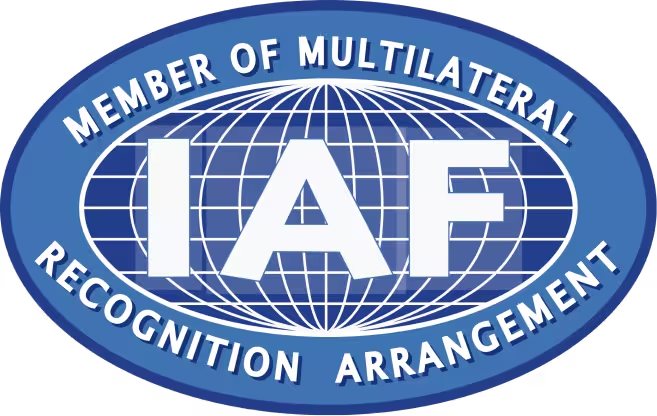This past summer, Hiya noticed a drastic jump in fraudulent and spam calls in a number of area codes in Kansas. Unfortunately, the increase in unwanted calls hasn’t slowed down and keeps rising as we get into the fall season.
Here are the following area codes and the top cities in each, that have been targeted by the flood of unwanted calls:
316 – Andover, Augusta, Derby, El Dorado, Haysville, Newton, Wichita
620 – Arkansas City, Chanute, Coffeyville, Dodge City, Emporia, Fort Scott, Garden City, Great Bend, Hutchinson, Independence, Iola, Liberal, McPherson, Parsons, Pittsburg, Pratt, Wellington, Winfield
785 – Abilene, Hays, Junction City, Lawrence, Manhattan, Ottawa, Salina, Topeka
Each area code has seen as much as a 600% growth in fraudulent calls and spam calls, but area code 620 experienced the biggest jump in spam calls with a growth of 967%.
Below are the top three scams that have been affecting these residents:
Health Insurance Scam: These are automated calls show up with a local area code and prompt you to press any key to be connected right away to an agent who can sign you up for a new Medicare card. The spammers are “phishing” not only for bank or credit card information but also Social Security numbers and health plan ID numbers they can use for other types of fraud. People who work in the Marketplace don’t make cold calls, and they never ask for personal information.
Car Warranty Scam:During the call – which often begins automated or pre-recorded the victim may be instructed to press a certain number or stay on the line, then asked to provide personal information, which potentially can be used to defraud the victim. The scammer may have specific information about the victim’s car and warranty that they use to deceive them into thinking they are a legitimate caller.
IRS Scam: Scammers will call and say they are from the IRS and will ask the victims yes/no questions such as: “Can you hear me?”, “Are you the person responsible for paying the telephone bill?”, “Are you the homeowner?” If the victim answer “yes,” it is recorded and may be used by the scammer to authorize bogus charges on a credit card.


